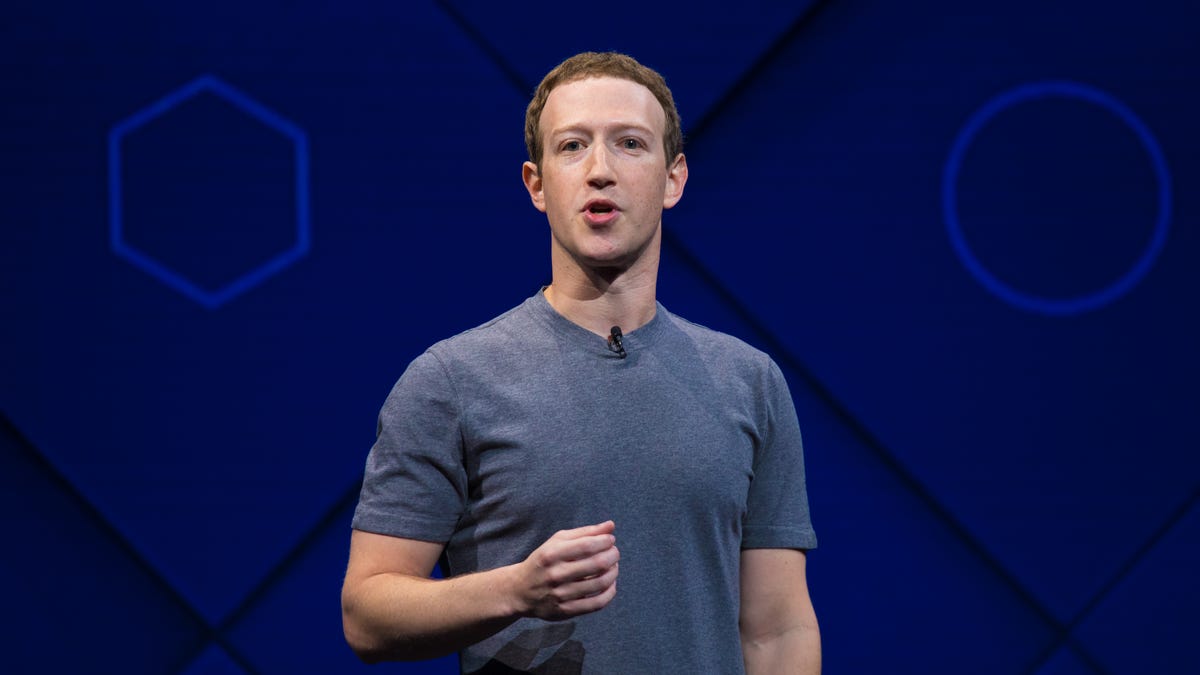Facebook to fact-check photos, videos before midterm elections
The initiative is part of an effort to tighten up “election integrity.” It comes at a time when Facebook is already in the doghouse with lawmakers.

Facebook is trying to prevent future election meddling.
Facebook is still reeling from its role in the 2016 US presidential election, in which Russian trolls abused the social network to meddle in the campaigns and sow discord among Americans.
Now the social network is sharing its plan for this year's US midterm elections, to try to make sure the same things don't happen again.
"None of us can turn back the clock, but we are all responsible for making sure the same kind of attack [on] our democracy does not happen again," Guy Rosen, vice president of product management, said Thursday in a blog post. "We are taking our role in that effort very, very seriously."
It's not just for elections in the US. Rosen said that every election, in each individual country, is different, so the key is localizing Facebook's efforts to tackle specific problems.
Facebook says it's focusing on four areas: fighting foreign interference, removing fake accounts, increasing ad transparency and reducing the spread of fake news. Among other things, it will be fact-checking photos and videos for the first time, not just links. The company partnered with the news provider Agence France-Presse to get the process started in France. The service will be coming to more countries soon.
The election effort is just one of the challenges before Facebook. The company is still facing a backlash over Cambridge Analytica, a digital analytics firm with ties to the Trump presidential campaign that had access to ill-gotten data from 50 million Facebook users. The backlash raised questions about how Facebook handles our data and led to calls by lawmakers for CEO Mark Zuckerberg to testify before Congress.
With elections around the world looming, Facebook is trying to make sure it doesn't get caught off-guard again. One big effort is curbing the spread of fake news. Alex Stamos, Facebook's security chief, said one of the issues is to understand the different types of misinformation. That includes things like false identities and false facts.
"The term 'fake news' is used to describe a lot of different types of activity that we would like to prevent," he said.
Facebook also said it blocks "millions" of fake accounts each day, with the help of machine learning.
The Smartest Stuff: Innovators are thinking up new ways to make you, and the things around you, smarter.
Special Reports: CNET's in-depth features in one place.

